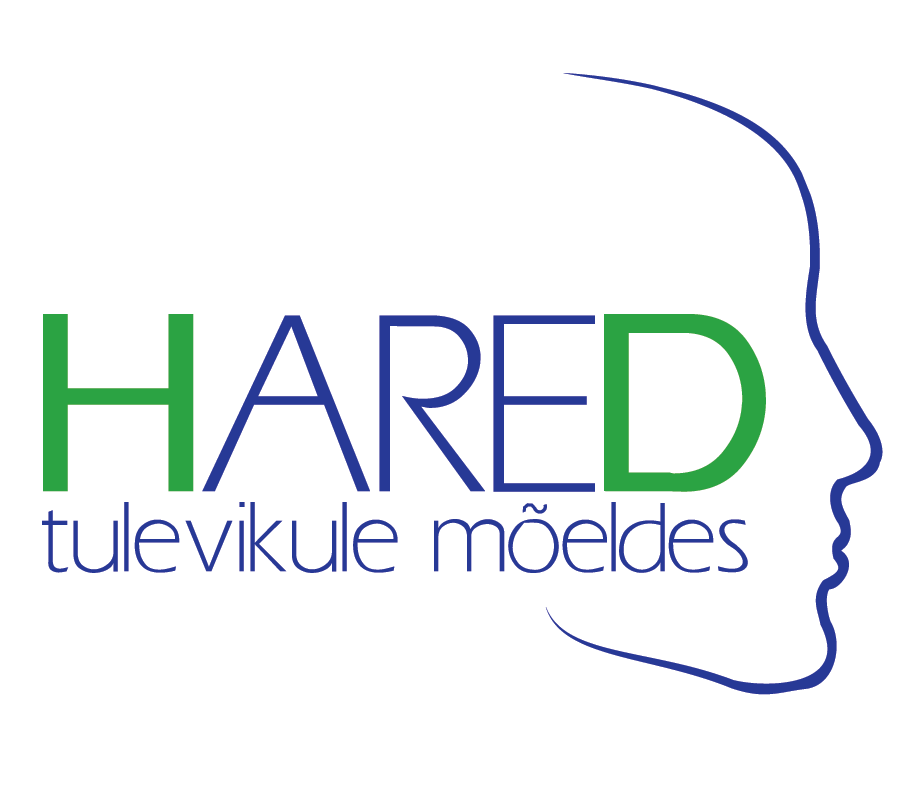Hob’s adventure underway in Latvian winter
/February in Hob's adventure started with the first meeting of all project participants in Latvia.
The first international session for teachers and the second meeting for the project team took place from the 4th until the 9th of February in Riga, Sigulda and Valmiera and was aimed at getting to know each other and the central pieces of the project – potted plants, digital skills, biodiversity and outdoor learning.
More than 40 participants form Slovenia, Latvia, Iceland and Estonia started the session in Riga and took the train to Sigulda on the next day. Sigulda was chosen as a destination because of its deep connections to nature conservation – the first national park in the Baltic countries was founded here. It still attracts many visitors and the national Nature conservation agency is there as well.
The first two days were spent working together on lesson ideas with potted plants and integrating digital skills to outdoor learning. There was a visit to local pre-school “Ievina” and a chance to explore ideas for learning 21st century skills with the a local teacher Imants Kukuls, who is also an environmental scientist with a PhD. There was also a chance to use Sigulda’s natural charms as a source for inspiration for lesson plans. After some discussions, a basic concept for the project logo was also chosen.
After Sigulda, the participants had a chance to spend some time in Valmiera, visiting “Zaļā skola” (or Green
School in translation). The private school gave insights to some ideas that can be achieved with less
restrictions – both in the learning process and the surrounding environment.
The final day of the meeting was spent in Riga, visiting the School of natural sciences and learning
creative ideas to integrate biology in games for the younger children. All photo materials with Latin names are freely available here.
The final session of the meeting took place in the Natural history museum, where all the ideas were summarized in national teams to present for others and schools staying at home. Project members can find these ideas on our Facebook page.
Setting a rather high bar for the amount of snow during a meeting, we look forward to transnational events coming up in Iceland and Slovenia. Until then, the project team and participating teachers will be working testing methods in their schools and kindergartens and discussing them during national meetings.
Contributors: Edmunds Cepurītis, Martin Aher



